As a solo traveler, you have the freedom to explore new places and experience new cultures with complete independence. However, with that freedom comes certain risks. Unfortunately, scams and rip-offs are a common occurrence, especially for solo travelers who may be seen as easy targets. But fear not, with a little bit of preparation, you can avoid these pitfalls and enjoy your travels to the fullest. Here are 10 tips to avoid scams and rip-offs as a solo traveler:
1. Research your destination thoroughly
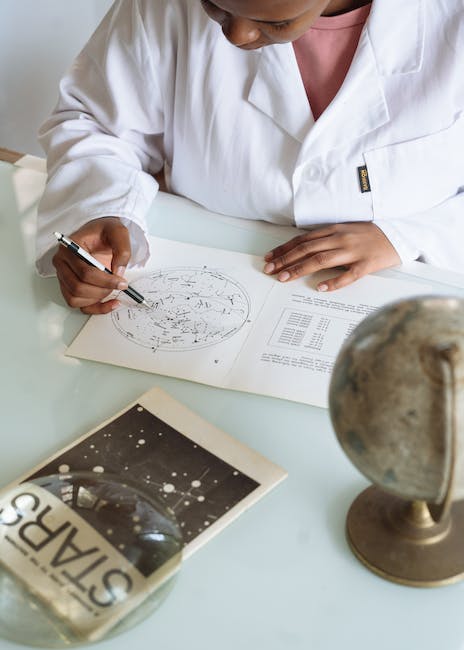
Doing in-depth research about your destination before you book your trip is essential. Be sure to check out the culture, customs, and local etiquette to understand the dos and don’ts of that place. It’s important to know about common scams and rip-offs in the area. It will be helpful to learn about the transportation situation in that area and how to get around without falling prey to scammers. Understanding the local practices and culture can help you identify any potential scams or rip-offs before they happen, and also help you enjoy your trip without any inconvenience.
2. Be wary of overly friendly locals
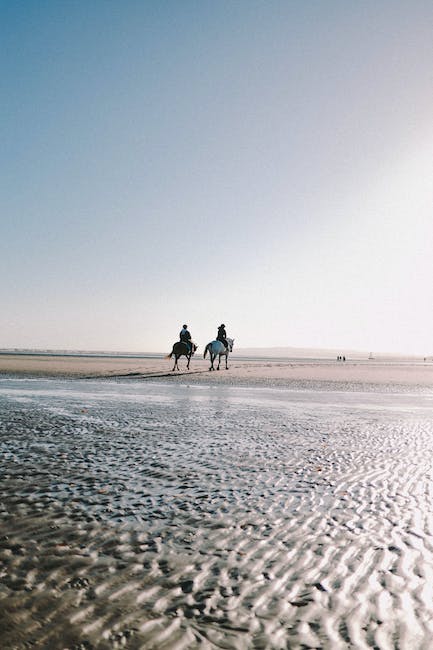
Meeting new people is one of the most rewarding aspects of traveling solo. However, it is important to be cautious if someone seems too much friendly or eager to help in any way, as this could potentially be a warning sign. Scammers often use this friendly behavior to gain your trust while planning their moves. It’s better to be suspicious and avoid being deceived by the scammers.
3. Don’t trust strangers with your belongings

It’s tempting to loosen up while traveling and seek help from fellow travelers, but as a solo traveler, it’s important to keep your valuable belongings close to you at all times. Never trust anyone with your luggage, bag, or anything valuable as they may easily disappear with your belongings. It’s always best to keep your valuables in a secure place and be cautious about sharing personal information with strangers.
4. Beware of unofficial tour guides
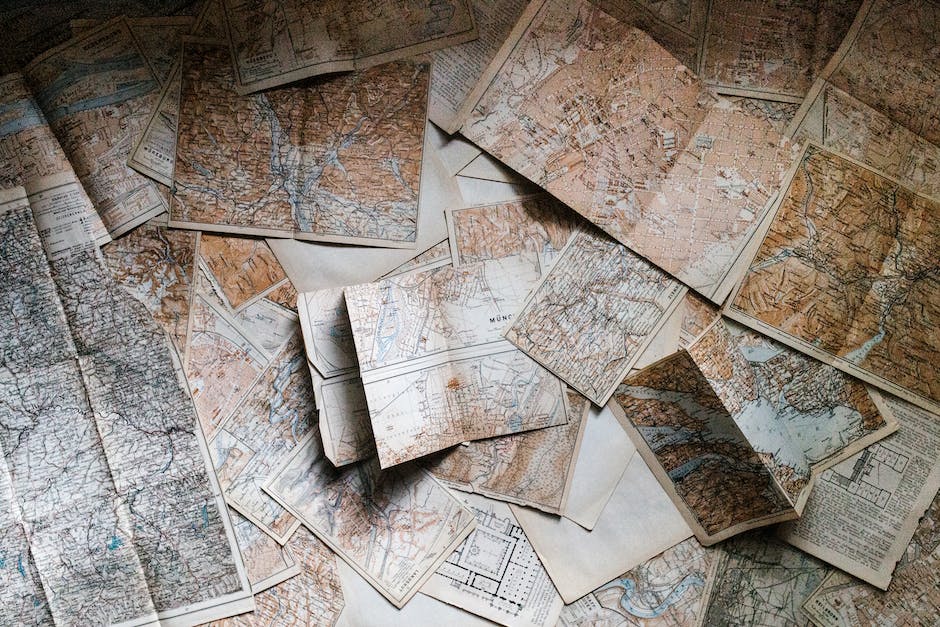
Unofficial tour guides are very common in many tourist spots. These self-proclaimed guides may try to give you a tour of the city for a fee or even offer to take you to hidden gems that you wouldn’t otherwise find. Before you agree to anything, always check for valid credentials or tourist department-approved certificates with the guide. Go through reviews and ratings of such guides, and try to have a personal reference. It’s best not to trust just anyone.
5. Be careful with your money
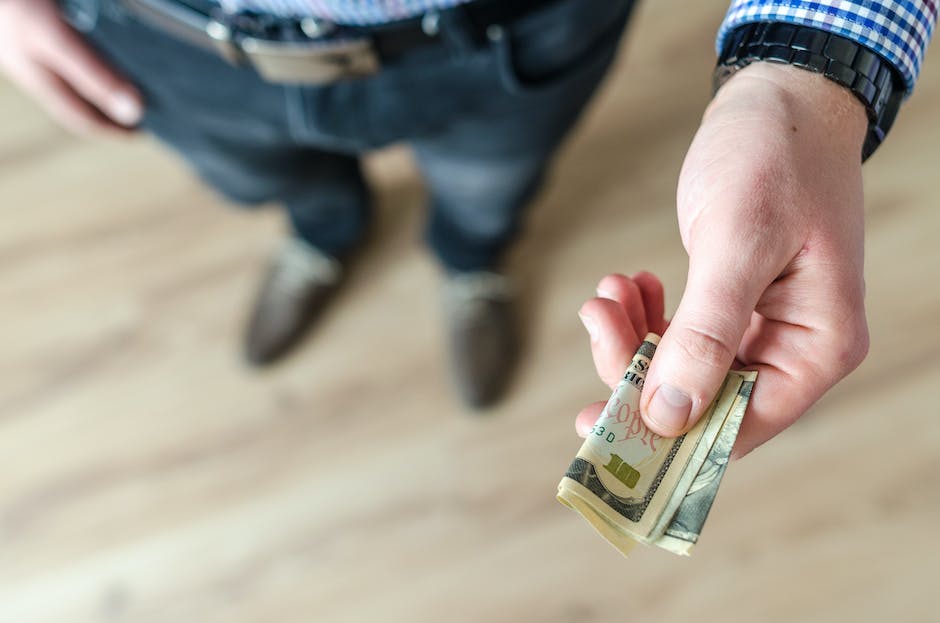
It’s always better to have cash and important documents like credit cards, ID cards, and passports stashed away in a safe and secure location. A money belt or hidden pockets are great ways to keep your money and valuable items concealed from potential pickpockets. One should always be alert when withdrawing money from ATMs or paying for anything with their cards. It’s always wise to avoid flashing cash or showing large amounts of money when traveling solo.
6. Avoid street vendors and peddlers

Street vendors and peddlers are often unlicensed, and their prices may be inflated and sometimes-unnecessary items may be forcibly pushed. It’s better to stick to established businesses and merchants to avoid getting scammed. Travelers can plan their routes in advance and avoid crowded streets and markets where such vendors may swarm around them.
7. Use reputable transportation services
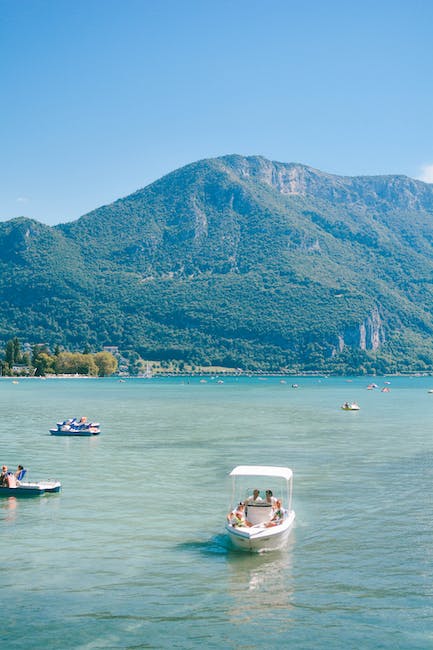
Be sure to only use trusted and licensed transportation services to get around. Research the various means and modes of transportation available, check for local taxi companies or use popular ride-sharing apps like Uber or Lyft. Always keep an eye on the map and route the driver is taking, and remain assertive if you think your driver may be taking a longer route or overcharging you.
8. Trust your gut
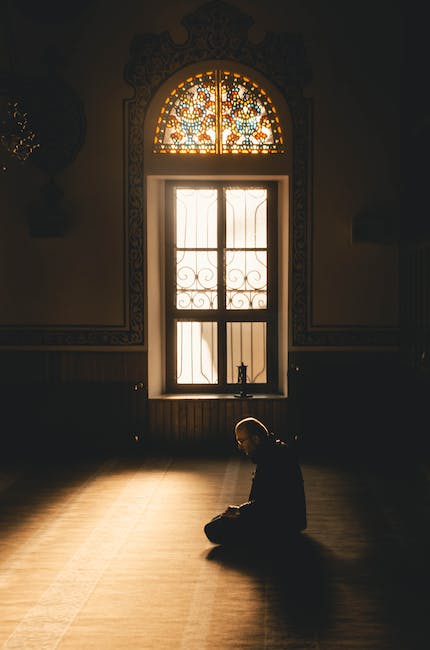
As a solo traveler, you are the only one looking out for yourself. If someone makes you feel uncomfortable, or if something seems too good to be true, it’s likely that your instincts are warning you about possible scams or rip-offs. Always trust your gut, and don’t hesitate to step away from a situation that feels off. It’s better to be safe than sorry.
9. Don’t be afraid to say no
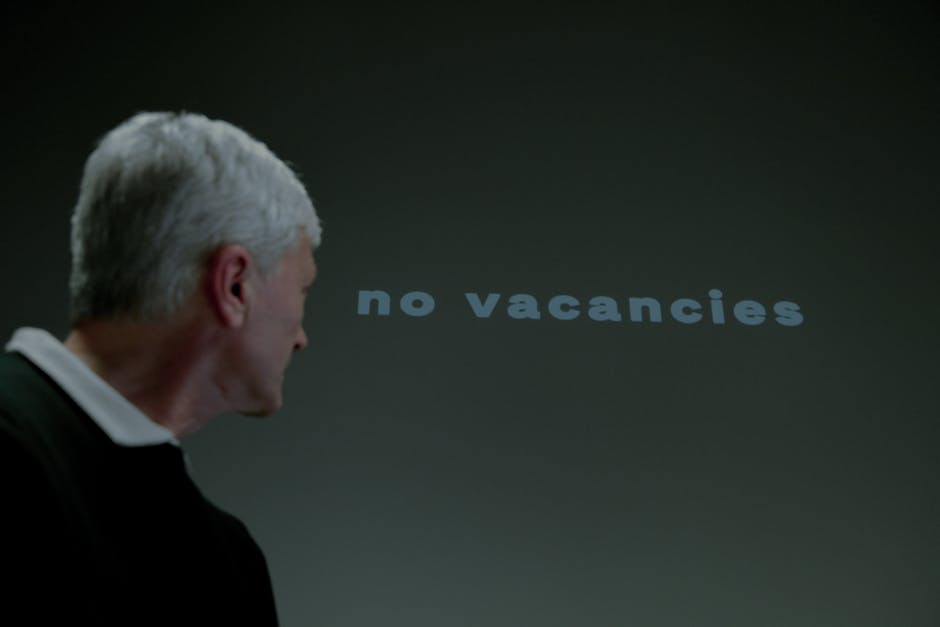
Many scammers rely on guilt and politeness as a way to deceive unsuspecting solo travelers. Remember to be assertive and say no when someone is trying to scam you. Don’t waver in your decision and leave immediately if you feel uneasy. Saying no can be uncomfortable at times, but it’s worth saving yourself from any potential risks.
10. Keep a low profile

When traveling solo, it’s best to avoid drawing attention to oneself. It’s a good idea to avoid wearing flashy jewelry or carrying valuable gadgets while exploring new places. Dress modestly and blend in with the locals as much as possible. By avoiding unnecessary attention, solo travelers decrease the likelihood of being targeted by scammers or pickpockets.

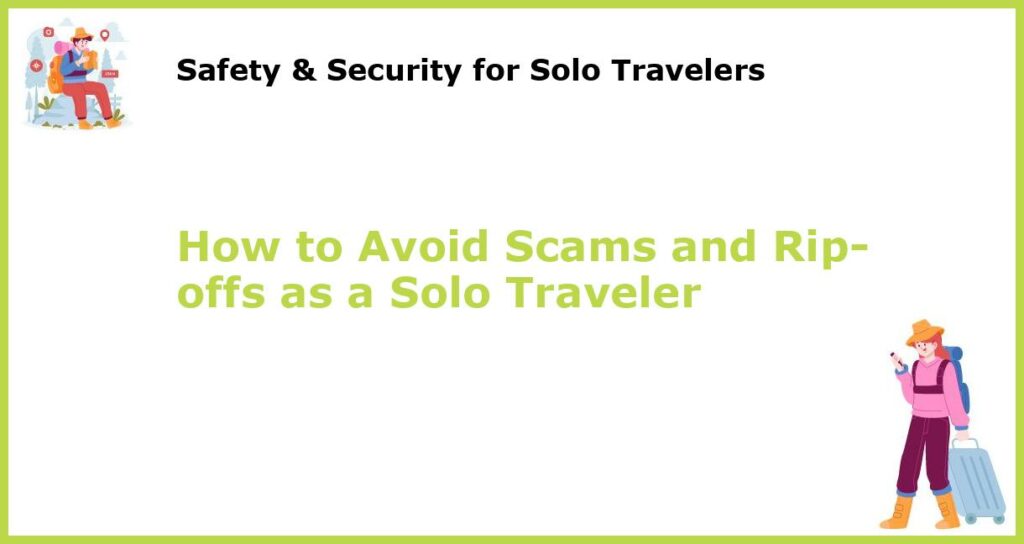






 You might also be interested in those articles related to solo traveling
You might also be interested in those articles related to solo traveling